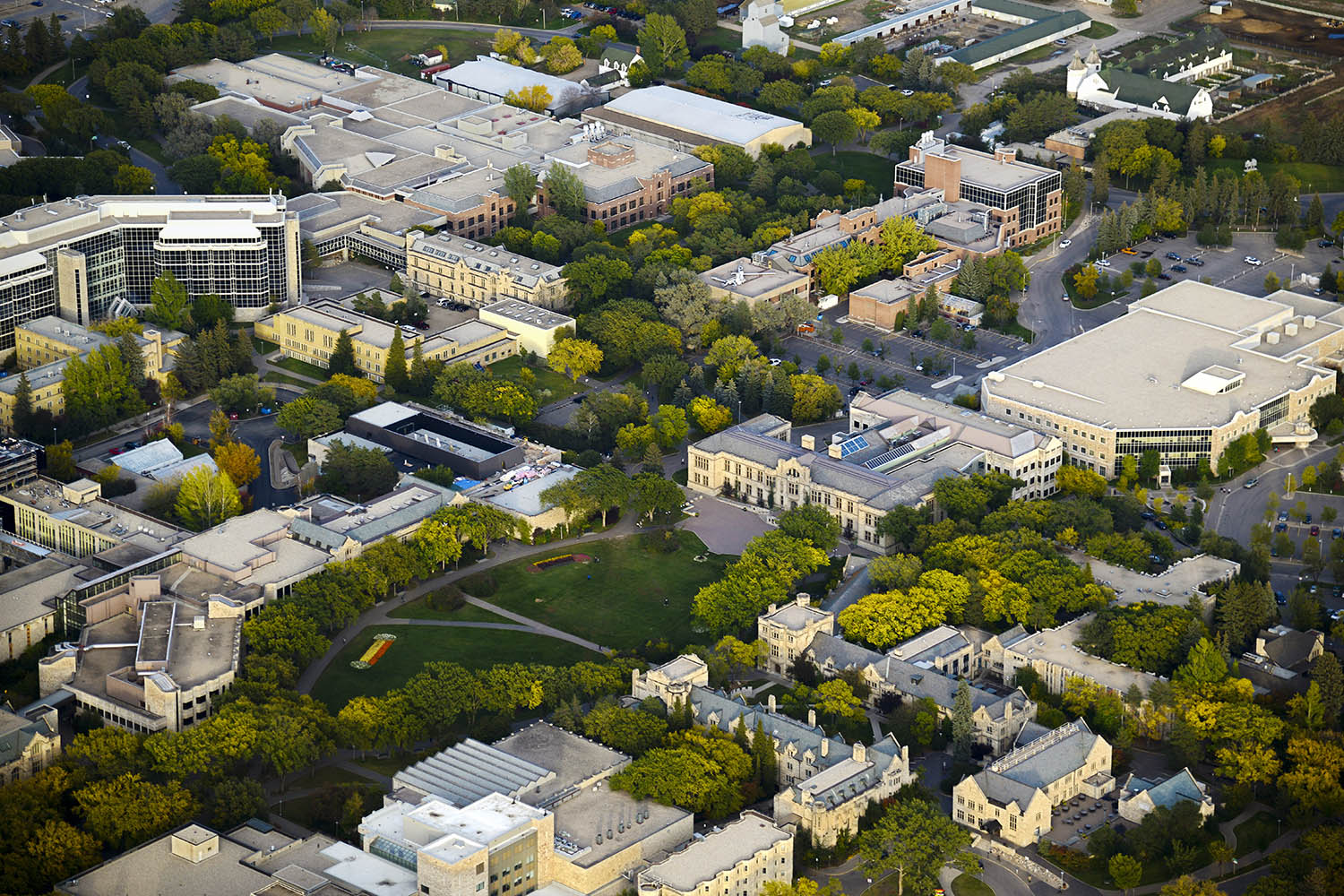
USask researchers collaborate with Indigenous communities to address health inequities with new federal funding
Two University of Saskatchewan (USask) research teams have been awarded more than $2.8 million in federal funding to address systemic inequities in the lives of Indigenous people in the areas of home life, mental and sexual health.
Funding was awarded through the Canadian Institutes of Health Research (CIHR) Project Grant program. CIHR Project Grants are awarded to researchers undertaking projects with the potential to advance health-related knowledge, research, care, systems and patient outcomes.
“The range and diversity of projects funded by CIHR in this competition is indicative of the vibrant research ecosystem we have at USask,” said Vice-President Research Baljit Singh. “Our researchers are pursuing discovery that will clearly improve the health and prosperity of Canadians.”
In total, USask research teams were awarded $4,145,226.
Sexual health education rooted in Indigenous ways of knowing
Dr. Amanda Froehlich Chow (PhD) from the USask School of Public Health will spearhead a community-led, culturally rooted research program titled atotitum (Becoming of Age). The project will aim to expand current sexual health curricula and accompanying resources, in a way that includes Indigenous teachings and teaching methods that are culturally appropriate and inclusive for today’s Indigenous youth.
“etuaptmumk (Two-eyed Seeing) will be applied to braid Indigenous ways of knowing, being and doing about sexuality, gender roles and responsibilities with Western knowledge of HIV, hepatitis C (HCV) and other sexually transmitted blood-borne illnesses,” said Froehlich Chow.
Indigenous Elders, Knowledge Holders, youth, teachers and community members with diverse lived experiences will collaborate to lead the development of a new arts and land-based sexual health and wellness program aimed at students in grades six through nine in 12 schools that primarily serve Indigenous youth. The program will be unique by incorporating each community’s own teaching methods and beliefs into program delivery.
“We are aiming to incorporate diverse Indigenous voices, which is important because currently the Ministry of Education’s sexual health and wellness curriculum is primarily rooted in Western ways and teachings,” said Froehlich Chow.
“This exciting project will be rooted in multi-generational collaborations to ensure Indigenous youth have the opportunity to explore sexuality, sexual health and wholistic wellness through Indigenous ways of knowing, being and doing taught by Elders, Knowledge Holders and others from the many First Nations and Métis communities across Saskatchewan.”
The project received a total of $1,434,376 and will be conducted over four years.
How house and home affect Indigenous mental wellness
USask College of Medicine Distinguished Research Chair and renowned agricultural medicine expert Dr. James Dosman (MD) will lead a team of researchers in a project that examines what contributes to the mental wellness of Indigenous peoples in the home setting.
The project will use the values of Tipi Teachings – how each aspect of the tipi structure represents a fundamental part of the environment and community – as the basis for examining mental health risks and protective factors present in house and home.
The project will focus on how the mental health of Indigenous peoples can be affected by their life in both their houses and in their home communities. This includes how risk factors, such as poor housing, can contribute to negative mental health outcomes, and how protective factors such as good community infrastructure, accessible childcare and food security contribute to positive mental health outcomes.
The aim of the study is to allow communities to promote fundamental issues around housing and identify how community members view their house as a home and the corresponding effects on mental wellness. The project hopes to affect public health policy that addresses the mental health of Indigenous peoples.
The project received a total of $1,399,950 and will occur over a span of five years.
Other CIHR-funded USask research projects
Dr. Juan Ianowski (PhD) (Nominated Principal Investigator – USask College of Medicine – Department of Anatomy, Physiology and Pharmacology), Dr. Julian Tam (MD) (Principal Investigator – College of Medicine – Department of Medicine), Dr. Veronica Campanucci (PhD) (Principal Investigator – College of Medicine – Department of Anatomy, Physiology and Pharmacology), Dr. Anderson Tyan (MD) (Principal Investigator – College of Medicine – Department of Medicine), Dr. Julia Montgomery (DVM, PhD) (Principal Investigator – Western College of Veterinary Medicine – Department of Large Animal Clinical Sciences), and Dr. Asmahan AbuArish (PhD) (Principal Investigator – College of Medicine – Department of Anatomy, Physiology and Pharmacology) $810,900 for a five-year project titled, Cellular bases of cystic fibrosis lung disease: epithelial ionocytes transport bicarbonate and control airway surface liquid pH; while club and goblet cells control hydration and volume.
Dr. Anil Kumar (PhD) (Nominated Principal Investigator – USask College of Medicine – Department of Biochemistry, Microbiology and Immunology), and Dr. Tom Hobman (PhD) (Co-applicant, Department of Cell Biology, University of Alberta) – $300,000 for a three-year project titled, Functional analyses of pathogenicity determinants of SARS-Coronavirus-2 delta variant.
Dr. Deborah Anderson (PhD) (Principal Investigator – USask College of Medicine – Department of Oncology), and co-applicants Dr. Jane Alcorn (DVM, PhD) (USask College of Pharmacy and Nutrition) and Dr. Brent Page (PhD) (Pharmaceutical Sciences, University of British Columbia) – $100,000 for a one-year project titled, Targeting metastatic breast cancer.
Dr. Andrew Leask (PhD) (Nominated Principal Investigator – USask College of Dentistry), and co-applicants Dr. Lynne-Marie Postovit (PhD), Dr. Muhammad Aslam (MD), Dr. Bruce Riser (PhD), Dr. Murray Baron (MD) – $100,000 for a one-year project titled, The contribution of CCN proteins to scleroderma fibrosis: cellular and molecular mechanisms.
Article re-posted on Feb.
View original article.
